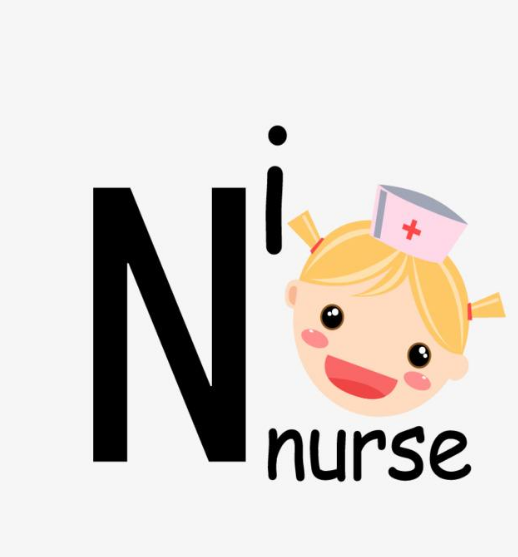“nurse”怎么读?
的有关信息介绍如下:nurse 英 [nɜːs] 美 [nɜːrs]
n. 护士;保姆;v. 看护;护理;栽培
名词: nurser 过去式: nursed 过去分词: nursed 现在分词: nursing 第三人称单数: nurses
例句
用作名词 (n.)
1、A nurse came to put on a clean dressing for him.
一位护士来给他包上干净的绷带。
2、The nurse diluted the drug with saline water.
护士用生理盐水把药加以稀释。
3、The nurse is preparing the child to go to hospital.
保姆正在为孩子住院作准备。
用作动词 (v.)
1、We'll have to put the baby to nurse.
我们只能请人照看婴孩。
2、You need a housekeeper to nurse your property.
你需要雇用一名管家来精心料理你的家产。
词语用法
n. (名词)
1、nurse的基本意思是指医院里的“护士”。也可作“保育员,保姆”解,“自己家中的保姆”,不加冠词,首字母常大写。还可指照顾小孩的妇女或女孩。
2、汉语中的“保姆”,英语通常称dry nurse; 汉语中的“奶妈”,英语通常称wet nurse。

扩展资料:
近义词的用法
nanny 英 ['næni] 美 ['næni]
n. 保姆;<英>祖母;外婆
英英释义Noun:
a woman who is the custodian of children
作为孩子的托管人的妇女
例句
用作名词 (n.)
1、They both go out to work and have a nanny living in.
他们俩都外出工作,雇了个保姆看家。
2、Pearl had to choose between giving up her job or hiring a nanny.
珀尔不得不在放弃工作和雇保姆之间作出选择。
3、Nanny shakes her head and smiles at their feuding.
外婆摇摇头,笑吟吟地看着她们在争斗。



